Before I go into this blog I just want to wish everyone a safe and Happy New Year and thank everyone who has supported Spinalphysio over the last year. Thank you for complying with our infection control policy, your patience when we have asked you numerous questions before booking you in, standing outside in the cold waiting until we can let you in, arriving on time, wearing masks, washing hands and being mindful of others by keeping your distance but above all by choosing us to help you. We moved into Tier 4 from Boxing day and now tighter restrictions or Tier 5 from today until most likely February half term at the earliest. As mentioned in the Prime Ministers announcement last night you can still attend Medical appointments and we will carry on offering face to face appointments and virtual consultations throughout.
Thank you again for all your support.
It’s fair to say that this year has been like no other. Even in the most trying of times we can learn, reflect and adapt to whatever situation we find ourselves in. The COVID-19 crisis has taught us many things. This time last year you wouldn’t have believed you could get excited about finding a mask in your pocket so you could nip into a shop for a litre of milk. As frivolous as that sounds it just shows us that we can get used to anything and carry on knowing that better days lie ahead.
There have been many challenges this year and more to come I’m sure before we get to a post Covid world and whatever that might look like. We must also be immensely proud at how we have adapted and by enlarge looked after each other throughout. We are all missing the freedoms we once had and perhaps wasted and Christmas has certainly a time where we might feel that more deeply.
This year more than ever before a light has been shone on mental health. I thought I would use this post to explain the various emotional stages we go through when we are faced with a threat to our wellbeing. I have explained this process to many people over the years who are coming to terms with injury but it’s true of any crisis and the uncertainty of COVID-19 means we are going through these stages every time the rules change. I hope it helps in someway to understand that these phases are normal and necessary and although not easy knowing that what you are feeling is normal might make it easier to ask for help if you are struggling.
Pain and injury are a threat to our wellbeing and like any threat we will go through a roller-coaster of emotions in order to process what has happened to help us learn and prepare for the future. Our brains and survival mechanisms have evolved over millions of years and we still use some of the basic functions from our evolutionary ancestors when we are presented with a threat or challenge. Initially this is a hyper-fast neural response from the tissues injured to create a withdrawl reflex in the deepest most primitive parts of our brain, next is a slower emotional response and finally we have the higher order of thinking which can take moments, hours, weeks or years to process.
Believe it or not when we get injured or face a crisis, we go through all the emotional stages of grief. If I bang my elbow off the door-frame while walking out of a room, I will go through all the stages of grief. Chances are I will go through them in a matter of moments, but I will go through them none the less. The bigger the injury, the longer it takes to go through the phases and sometimes it’s hard to go through them at all.
Initially there is denial. You just cannot believe it has happened. Stopped you in your tracks when you had somewhere to get to. Unplanned, uninvited and unwelcome.
This is quickly followed by Anger, a grimace, an expletive perhaps. Angry at yourself, angry at the door, angry at the reason you had to go through the door. Any number of things to be angry at but anger for sure.
Then we have guilt or bargaining. With something as innocuous as a bump to the elbow this may not be all that apparent. As the pain signals shoot around your brain and your elbow throbs you might catastrophise for a moment and imagine all sorts of possibilities for this pain. You might think you’ve broken something, you won’t be able to work for a bit or play that match you had lined up or help out with the kids or do that bit of DIY you’d promised to do. You might start to feel guilty that you won’t be able to fulfill the promises you made to yourself or others. If the injury is more severe you might find yourself bargaining along the lines of “if only” I could turn back time, “if only” I didn’t do this or that it would be OK.
Next is depression. You feel miserable. There is a sound biochemical reason for this which I’ll go into in another post but you’re essentially going to feel a bit sorry for yourself. Why me? This always happens to me. It’s just not fair. It’s all pointless. Old regrets resurface. We feel pessimistic and remorseful.
Finally, we have acceptance. You have to accept that it’s happened and it’s time to get on with adapting and dealing with it. It’s time to take some responsibility by putting a plan in place to manage whatever it is that needs to be managed and get busy getting better.
With the example of knocking your elbow on the doorframe there is a good chance you will go through these emotions in milliseconds especially if it has happened to you before and you have some experience knowing that a bang to the elbow is more of a frustration but no harm done. Although you might be tender for a couple of days it won’t really affect your ability to get on with things and you’ll forget about it, process it and accept it very quickly indeed.
When you have a chance to think about the event after going through the reflex response and emotional stages of grief maybe it’ll help you realise you were rushing around the place taking on too many things and not paying attention to what you were doing and whacking your elbow on the door is a not so subtle reminder to reorganise yourself.
Experience is very important on the journey to acceptance. When we don’t have experience with a particular injury or the nature of the injury is more severe we can take some time to get through the stages of grief and we don’t necessarily get through them in a linear fashion. Sometimes we chop and change from moments of acceptance to periods of anger, depression, denial and guilt.
In some cases we can get stuck in a particular phase. Sometimes people can’t get past denial even though all the evidence in front of them is clear for everyone and anyone to see. Perhaps this is an injury that keeps recurring. Your back “going” for instance every couple of months and you keep thinking it’ll fix itself but it keeps on happening and you haven’t accepted that you really must do something about it.
If you have been injured as a result of an accident or through no fault of your own it’s easy to stay angry and this eats up a lot of your energy that you can be putting towards getting better. It’s easy to get frustrated that help isn’t readily available and you can’t get an appointment with your GP or the waiting list to see a specialist or a physio is months and months.
When we do have severe injury that really changes our life such as being unable to work or we suffer loss of identity/status due to our injury then the stages of guilt/bargaining and depression can be prolonged. It can be difficult to know where to turn to for help and difficult to accept that life as you know it might be changed forever.
In order to improve your situation you must get to acceptance. Accepting that the injury has happened and now it is time to get on with getting better. Acceptance is not the end point but rather the point at which you really start your recovery and start moving forward.
Everyone goes through this and having the support and knowledge of those who have been through it before either as patients or as experts in the field dealing with such injuries on a regular basis is a really big help. If you are a professional athlete and you break your ankle and your career is on the line, a phone call from a fellow athlete offering support and letting you know that they have been there and got back to fitness can go a long way towards acceptance. You don’t have to be an athlete to benefit from someone else’s experience. Knowing you are not alone or unique and that there is a way to improve really helps and as physios we do this all the time.
Your going to go through these stages one way or the other and the quicker you get to acceptance and doing something about your situation the quicker you’ll get back to doing what you need to live a fulfilling life. We’re here to help.




0 Comments